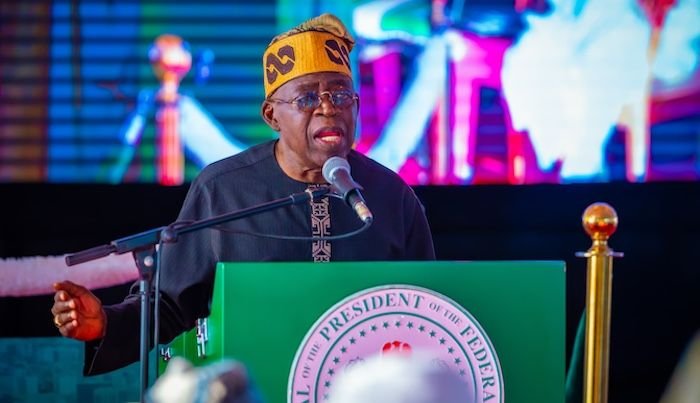The federal government under Bola Tinubu has revealed plans to bring over one million out-of-school children back into the education system. At the 69th meeting of the National Council on Education in Akure, the Federal Ministry of Education announced a multi-faceted initiative targeting school-aged children in underserved communities.
This is not just a headline figure: Minister Tunji Alausa clarified that the drive will span 12,600 communities nationwide, focusing especially on children aged six to nine.
In practical terms, the plan involves enrolling these children in low-cost private schools, establishing transit learning centres, and integrating them with formal schooling and training schemes via the Almajiri Commission.
It is a bold move, set against the backdrop of significant educational inequality and the pressing need to plug gaps in access that have lingered for decades.

Table of Contents
Key elements of the rollout by the government
The initiative has several components:
- Identification of over 21,000 children in the Federal Capital Territory alone who are currently out of school; they have been referred to the FCT Education Secretariat for enrolment.
- Establishment of 109 learning centres or transit schools across the 36 states and the FCT, with 15,224 learners already enrolled in those centres.
- Introduction of a hybrid curriculum that merges Qur’anic education with literacy, numeracy and civic studies—aimed in particular at integrating children from Islamic learning contexts into the mainstream system.
- Use of the Legacy Skills & Training Institute (established under the Tinubu-era human-capital agenda) as a model centre to equip both Almajiri and out-of-school youths with employable skills.
- A call from the minister for stakeholders at the summit to commit to building an education system that is data-driven, inclusive and globally competitive.
These components reflect a concerted effort to address not only access but also relevance of education—ensuring that children who join schools benefit from curricula that prepare them for real-world demands.
Stakeholder reactions and challenges ahead
At the summit, Lucky Aiyedatiwa, Governor of Ondo State, commended President Tinubu’s vision for harnessing education and human capital development. He emphasised that the theme of the summit — addressing the contemporary challenges in Nigeria’s education system — aligns with the government’s roadmap for reform.
Governor Aiyedatiwa also urged collaboration among stakeholders to develop a teaching profession that receives the respect and support it deserves, noting that teaching in Nigeria has long been undervalued.
Deputy Minister Suwaiba Ahmad stated that the council meeting would result in actionable resolutions to steer the education sector toward global best practices.
However, the scale of the challenge cannot be underestimated. Nigeria has one of the largest populations of out-of-school children in the world. Issues such as inadequate infrastructure, teacher shortages, poverty, conflict, and cultural barriers remain significant. The federation’s plan must navigate these persistent obstacles if it is to meet its target.

What this means and next steps
For many Nigerian families, especially in remote or marginalised communities, this announcement represents hope. A child who may have been prevented from attending school because of cost, distance or cultural constraints now has a pathway into learning. By targeting low-cost private schools and transit centres, the government acknowledges that public infrastructure alone may not suffice in reaching the hardest-to-serve. The hybrid curriculum signals recognition that flexibility is required where traditional and formal learning systems intersect—particularly in the context of Almajiri-type educational settings.
Moving forward, the success of the initiative will hinge on several factors: accurate data collection (to identify children and monitor enrolment), robust funding and resources (to sustain new and existing centres), rigorous teacher training (to ensure quality learning), and strong coordination between federal, state and local governments, plus civil society.
Should the goal of enrolling one million out-of-school children be realised, it could mark a significant step forward in shrinking Nigeria’s education gap and boosting human capital. The journey ahead is formidable, but with intentional execution and sustained commitment, this vision could reshape the educational landscape for a generation of Nigerian children.

Conclusion
The Tinubu government’s pledge to enrol one million out-of-school children signals a major policy push. While ambitious, the plan is grounded in practical measures and collaborative intent. As the country watches, the real test will come in implementation.
Join Our Social Media Channels:
WhatsApp: NaijaEyes
Facebook: NaijaEyes
Twitter: NaijaEyes
Instagram: NaijaEyes
TikTok: NaijaEyes
READ THE LATEST EDUCATION NEWS





